
Mactan Island: The Gem of Cebu
Mactan Island is a vibrant and cultural hotspot in Cebu City, Philippines. Renowned for its stunning beaches, clear turquoise waters, and rich history, it promises an unforgettable experience for any traveler. The island is a harmonious blend of natural beauty and urban comforts, offering diverse activities from water sports to historical tours. For those who love the ocean, Mactan Island is a paradise. You can indulge in snorkeling, diving, and island hopping, exploring the rich marine life and coral reefs. Lapu-Lapu Shrine, a monument dedicated to the first Filipino hero who defeated Ferdinand Magellan, is a must-visit for history enthusiasts. The local markets and restaurants offer a taste of Cebuano cuisine, featuring fresh seafood and traditional Filipino dishes. Mactan Island is also a gateway to luxury with its numerous resorts and spas. Whether you're seeking adventure, relaxation, or cultural immersion, Mactan Island provides an array of options to suit every traveler's desires. The island's friendly locals and vibrant nightlife make it an inviting destination, perfect for both solo adventurers and family vacations.
Local tips in Mactan Island
- Visit early in the morning to avoid crowds at popular attractions like the Lapu-Lapu Shrine.
- Bring cash as many local vendors and smaller establishments may not accept credit cards.
- Hire a local guide for island hopping to discover hidden gems and get the best experience.
- Try the local delicacy, 'sutukil' (sugba, tula, kilaw), for an authentic taste of Cebuano cuisine.
- Book resort accommodations in advance, especially during peak tourist seasons.
Mactan Island: The Gem of Cebu
Mactan Island is a vibrant and cultural hotspot in Cebu City, Philippines. Renowned for its stunning beaches, clear turquoise waters, and rich history, it promises an unforgettable experience for any traveler. The island is a harmonious blend of natural beauty and urban comforts, offering diverse activities from water sports to historical tours. For those who love the ocean, Mactan Island is a paradise. You can indulge in snorkeling, diving, and island hopping, exploring the rich marine life and coral reefs. Lapu-Lapu Shrine, a monument dedicated to the first Filipino hero who defeated Ferdinand Magellan, is a must-visit for history enthusiasts. The local markets and restaurants offer a taste of Cebuano cuisine, featuring fresh seafood and traditional Filipino dishes. Mactan Island is also a gateway to luxury with its numerous resorts and spas. Whether you're seeking adventure, relaxation, or cultural immersion, Mactan Island provides an array of options to suit every traveler's desires. The island's friendly locals and vibrant nightlife make it an inviting destination, perfect for both solo adventurers and family vacations.
Iconic landmarks you can’t miss
Magellan's Cross
Explore the historical significance of Magellan's Cross in Cebu City, a monumental landmark marking the arrival of Christianity in the Philippines.
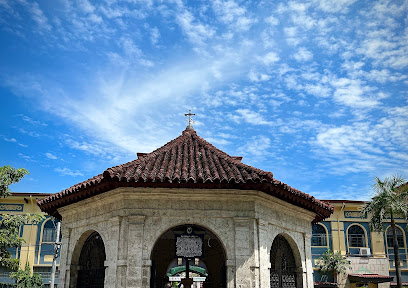
Island Central Mactan
Experience the vibrant shopping and dining at Island Central Mactan, where local culture meets modern retail in the heart of Mactan, Cebu.
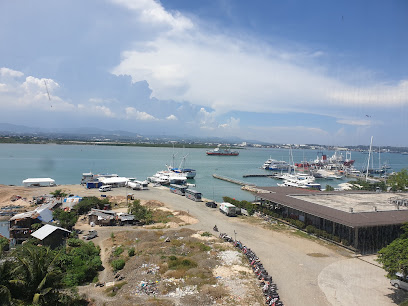
Virgen de la Regla National Shrine
Experience the spiritual heart of Lapu-Lapu City at Virgen de la Regla National Shrine, a beautiful Catholic church and cultural landmark in Cebu.
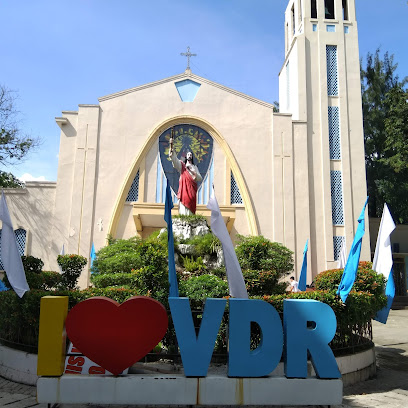
Magellan's Marker
Explore the rich history of the Philippines at Magellan's Marker, a stunning monument honoring the legacy of exploration amidst breathtaking coastal views.
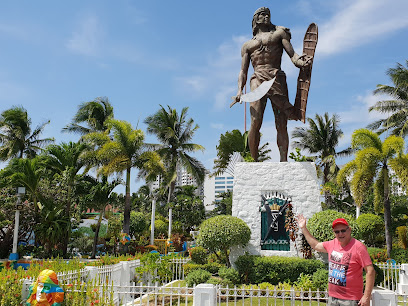
The Mactan Newtown
Discover The Mactan Newtown, where history meets modernity in the heart of Lapu-Lapu City, Cebu, offering a vibrant cultural experience.
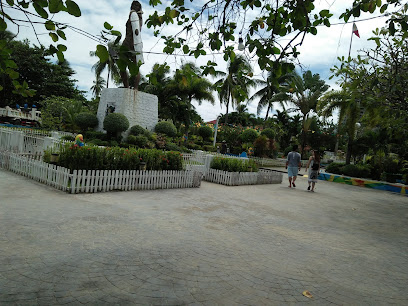
Lapulapu Monument
Explore the rich history and vibrant culture at the Lapulapu Monument, a significant landmark in Lapu-Lapu City, Cebu, celebrating Filipino bravery and heritage.
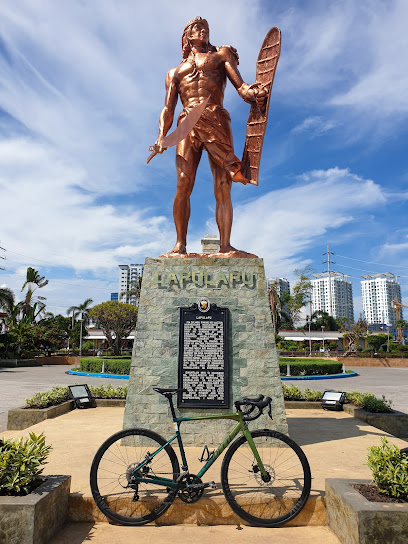
Mactan
Experience the beauty and culture of Mactan Island, a tropical paradise in the Philippines known for its stunning beaches and rich history.

Murals Mactan
Discover the artistic charm of Murals Mactan, a vibrant hostel in Lapu-Lapu City, Cebu, where every wall tells a story of local culture and creativity.

Crab Island
Discover Crab Island, where crystal-clear waters, vibrant marine life, and rich local culture await every adventurous traveler in Cebu.
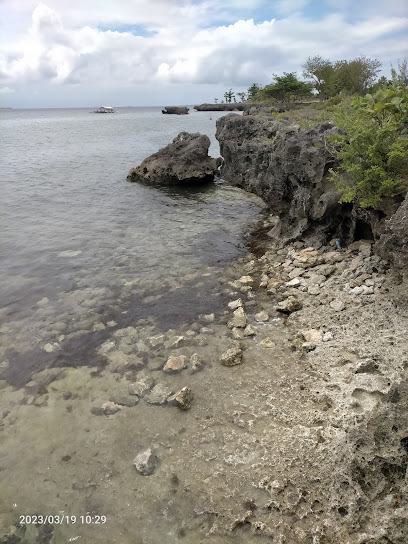
LAPULAPU Historical Marker
Explore the LAPULAPU Historical Marker in Lapu-Lapu City and immerse yourself in the rich history of Filipino bravery against foreign invaders.
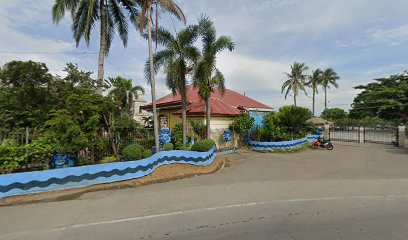
Mactan Shrine
Explore the rich history and cultural significance of Mactan Shrine in Lapu-Lapu City, Cebu, a tribute to Filipino heroism amidst beautiful landscapes.
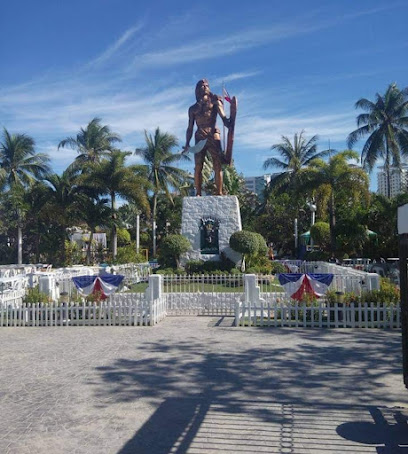
Unmissable attractions to see
Fort San Pedro
Discover Fort San Pedro, a historic fortress in Cebu City that showcases the Philippines' colonial heritage through stunning architecture and captivating museum exhibits.
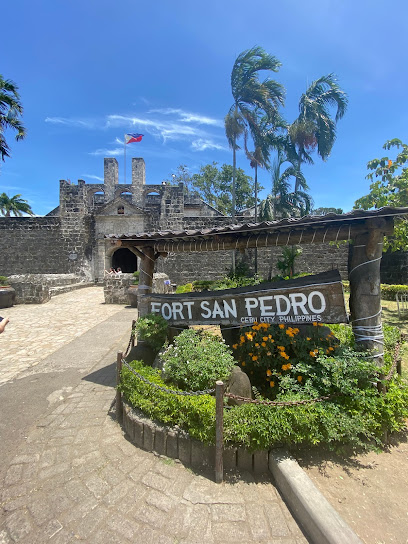
Magellan's Marker
Discover Magellan's Marker in Lapu-Lapu City, a historical monument celebrating the arrival of Ferdinand Magellan in the Philippines, amidst stunning coastal views.
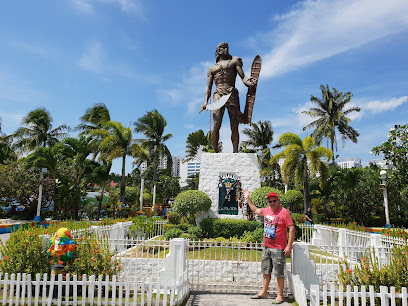
The Mactan Newtown
Experience the perfect blend of history and modernity at The Mactan Newtown, a vibrant destination in Lapu-Lapu City, Cebu.
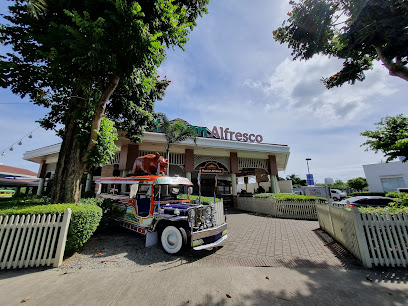
Mactan Shrine
Explore Mactan Shrine, a historical landmark in Lapu-Lapu City that pays tribute to the bravery of Datu Lapu-Lapu and offers a serene environment for reflection.
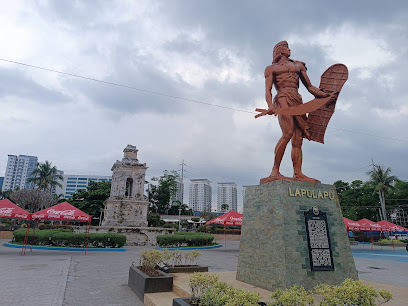
Lapulapu Monument
Explore the rich history of the Philippines at the iconic Lapulapu Monument, a tribute to bravery and culture in Lapu-Lapu City.
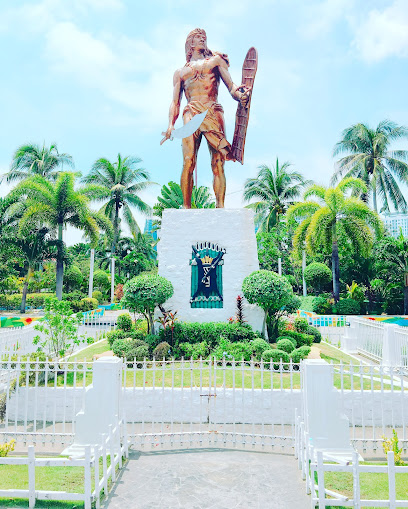
Mactan Island Memorial Garden
Explore the tranquil Mactan Island Memorial Garden, a serene tribute to history and a peaceful retreat amidst lush surroundings in Cebu.
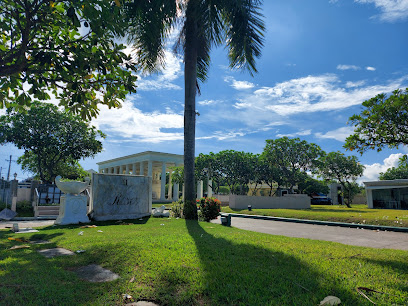
Crab Island
Discover the enchanting Crab Island in Cebu, a tropical haven perfect for sun, sea, and unforgettable adventures.
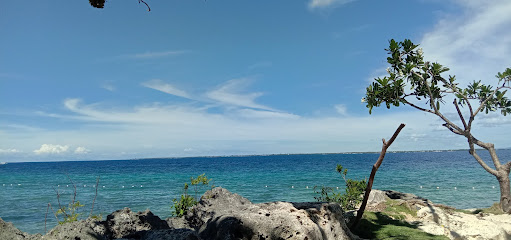
Isla Romantica
Discover Isla Romantica, a tropical paradise in Cordova, Philippines, perfect for relaxation and underwater adventures in crystal-clear waters.
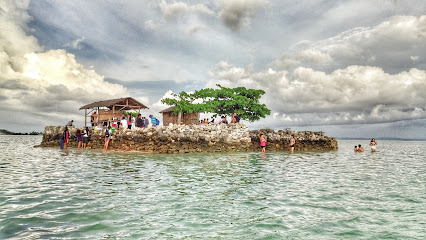
Tambayan sa mangroves
Discover tranquility and natural beauty at Tambayan sa Mangroves in Lapu-Lapu City, a perfect retreat for nature lovers and adventure seekers alike.
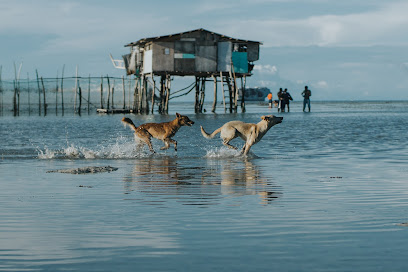
Essential places to dine
Lantaw Floating Native Restaurant - Cordova
Experience authentic Filipino flavors at Lantaw Floating Native Restaurant amidst breathtaking ocean views in Cordova.
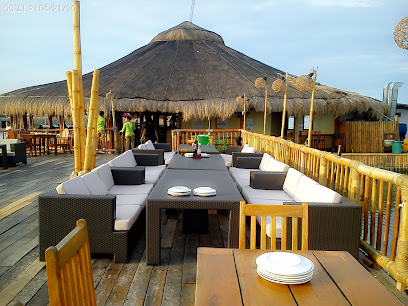
Cabana Restaurant
Discover exquisite flavors at Cabana Restaurant on Mactan Island—where culinary artistry meets stunning seaside views.
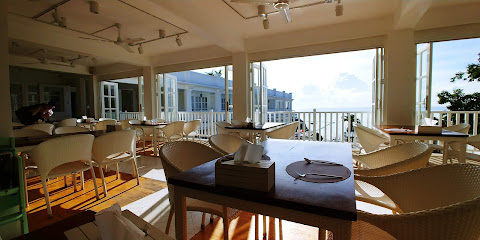
Cowrie Cove at Shangri-La Mactan, Cebu
Experience breathtaking ocean views and exquisite seafood at Cowrie Cove - a culinary gem in Shangri-La Mactan, Cebu.
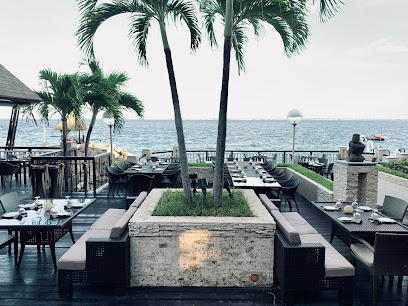
Steakhouse Casanta Secret Garden
Discover the best of Italian cuisine at Steakhouse Casanta Secret Garden – where culinary excellence meets serene ambiance in Lapu-Lapu City.
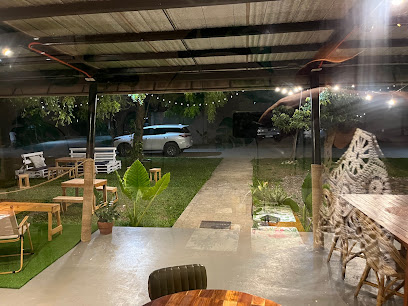
Enye by Chele Gonzalez
Experience authentic Spanish cuisine at Enye by Chele Gonzalez in Cebu's stunning Crimson Resort & Spa Mactan.
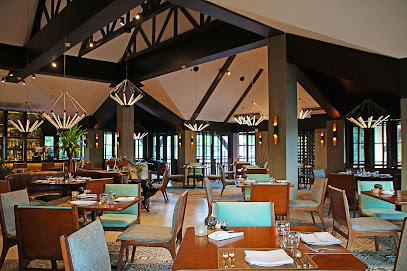
Shangri-La Restaurant Buko Bar
Experience exquisite Filipino cuisine at Shangri-La Restaurant Buko Bar in Lapu-Lapu City, where tropical charm meets unforgettable flavors.
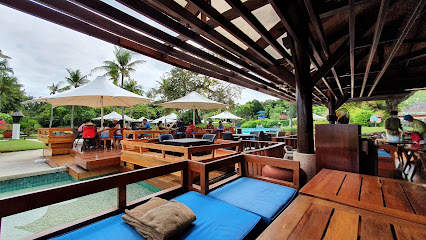
The Sails
Discover exquisite pizza and delightful dishes at The Sails on Mactan Island - a must-visit culinary destination for tourists.
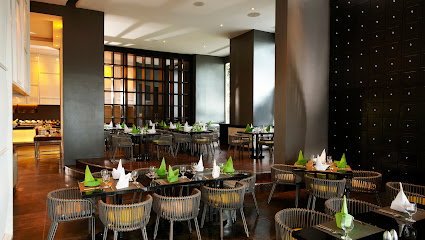
La Parisienne Mactan
Discover La Parisienne Mactan: A Taste of France in Lapu-Lapu City, Where Culinary Excellence Meets Elegant Ambiance.
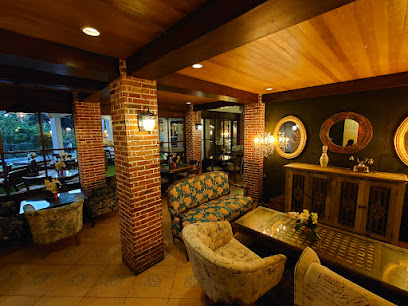
Fiji Restaurant
Experience authentic Fijian cuisine amidst breathtaking tropical views at Plantation Bay's renowned Fiji Restaurant.
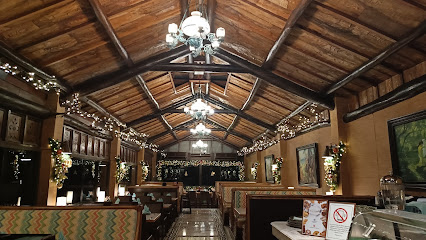
Palermo Cebu's Top Italian Fine Dining Haunt
Discover the authentic taste of Italy at Palermo, Cebu's finest Italian dining destination with exquisite dishes and an elegant atmosphere.
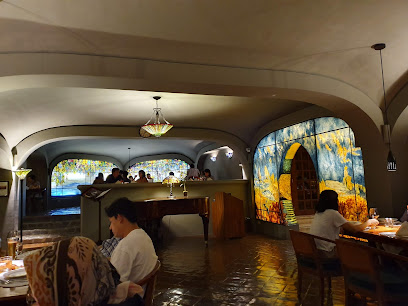
Markets, malls and hidden boutiques
Gaisano Mactan Island Mall
Explore Gaisano Mactan Island Mall for a unique shopping experience with diverse dining, entertainment, and local culture in one vibrant location.
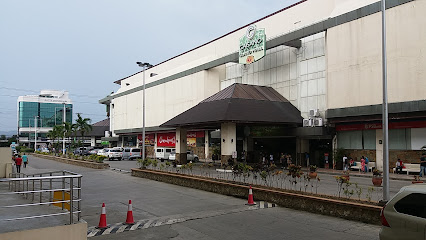
Shangs Island Town Center
Experience the lively shopping, dining, and wellness offerings at Shangs Island Town Center in Lapu-Lapu City, Cebu.
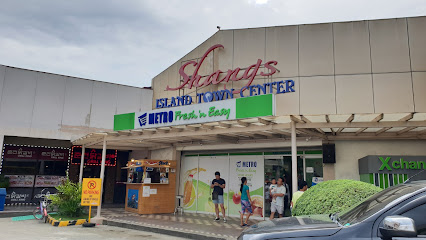
Airport Pasalubong Center
Discover the heart of Cebu at Airport Pasalubong Center, your one-stop shop for local souvenirs, handicrafts, and delicious delicacies.
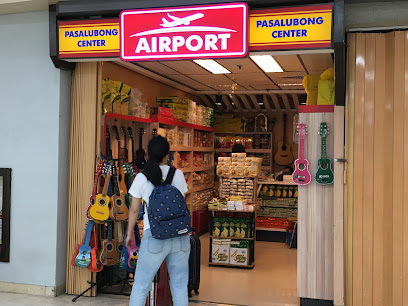
Levi's Outlet Store Mactan
Discover unbeatable deals on stylish denim and casual wear at Levi's Outlet Store Mactan, Cebu's ultimate shopping destination.

Islands Souvenirs
Discover authentic Filipino gifts at Islands Souvenirs in Cebu Mactan Airport, celebrating the vibrant culture and craftsmanship of the Philippines.
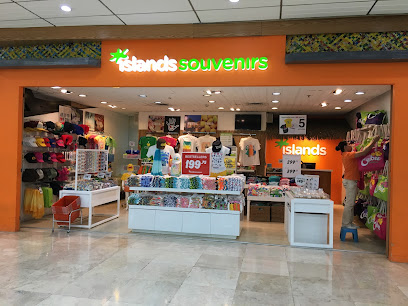
Mactan Cebu
Experience the enchanting beauty of Mactan Cebu, where rich history meets stunning beaches and vibrant local culture.

Souvenirs 'N FuN
Explore the charm of Cebu at Souvenirs 'N FuN, your go-to destination for unique, locally crafted keepsakes and gifts.
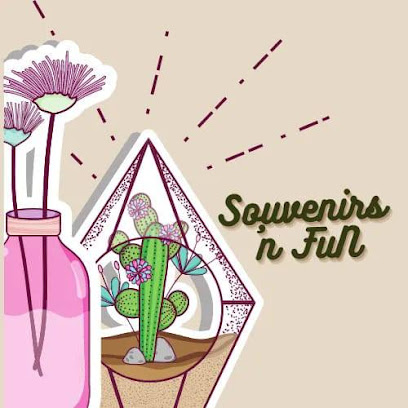
Zavine
Explore Zavine in Lapu-Lapu City, Cebu - a stylish clothing store offering trendy fashion for every occasion and budget.
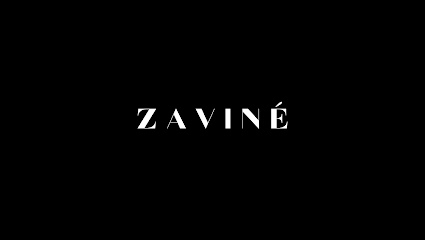
PENSHOPPE
Explore the latest trends at PENSHOPPE, a top clothing store in Lapu-Lapu City, Cebu, offering stylish apparel for every occasion.
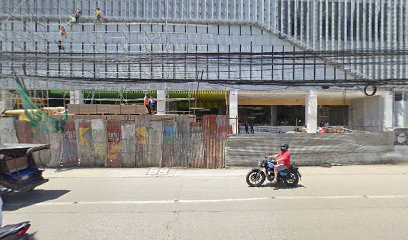
B.O.S.S. - City Times Square Mactan
Discover trendy products and local delights at B.O.S.S. - City Times Square Mactan, your ultimate shopping destination in Lapu-Lapu City.
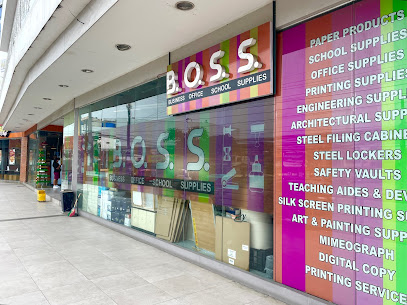
Essential bars & hidden hideouts
Pacha De Mactan
Discover Pacha De Mactan, a vibrant grill and bar in Lapu-Lapu City, where delicious flavors meet an unforgettable nightlife experience.
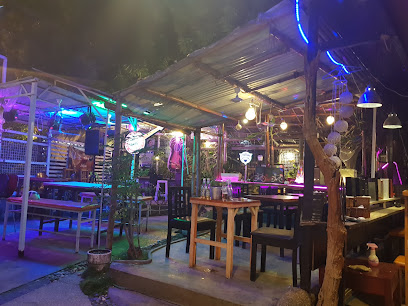
S Bar Mactan - Bar & Grill
Experience the vibrant flavors of Cebu at S Bar Mactan, the ultimate bar and grill destination for tourists seeking delicious grilled cuisine.
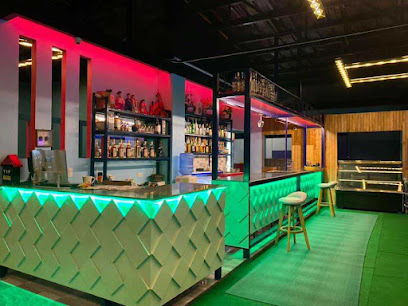
CLUB Havana
Immerse yourself in the vibrant nightlife of Club Havana, Lapu-Lapu City, Cebu, where cocktails, music, and good vibes come together.
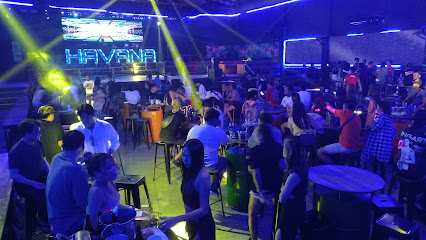
Cork Mactan
Discover Cork Mactan, where exquisite wines meet a vibrant atmosphere in Lapu-Lapu City, Cebu.
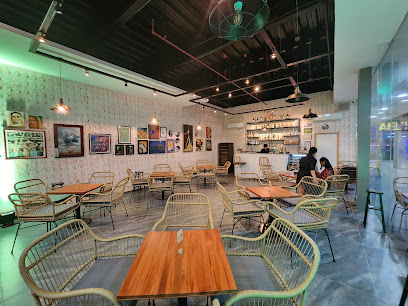
One Avenue
Experience the vibrant nightlife at One Avenue, a lively bar in Lapu-Lapu City offering crafted cocktails and a welcoming atmosphere.
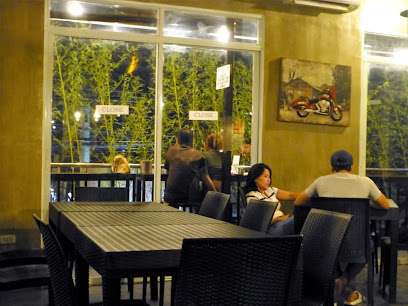
699 music bar
Experience the vibrant nightlife of Lapu-Lapu City at 699 Music Bar, where live music and great drinks create unforgettable memories.
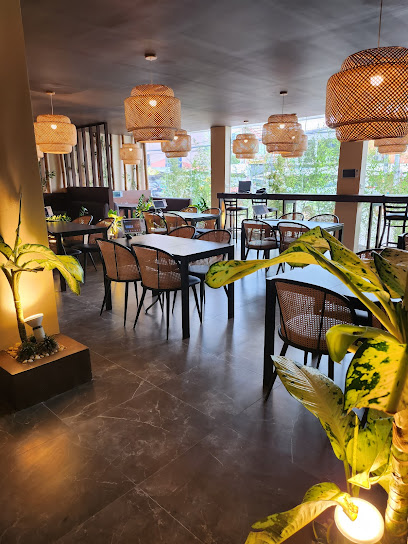
Holland Heineken Lounge & Sport Bar by Café Cappuccino
Experience the ultimate sports lounge at Holland Heineken Lounge & Sport Bar by Café Cappuccino in Lapu-Lapu City, Cebu, where drinks, food, and fun collide.
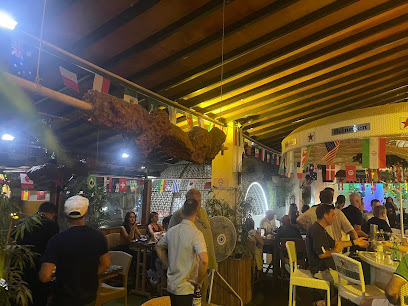
The Roofdeck Spa + Lounge
Experience unparalleled relaxation and stunning views at The Roofdeck Spa + Lounge in Lapu-Lapu City, the ultimate retreat for tourists.
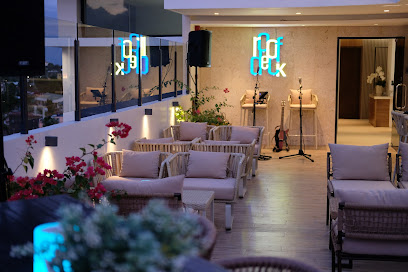
Basic
Experience the vibrant nightlife at Mactan Bar in Lapu-Lapu City, Cebu, where refreshing drinks and live music await.
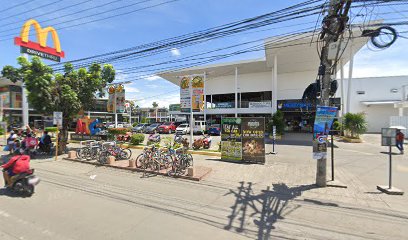
Superyacht Bar & Restaurant Cebu
Experience luxury dining at Superyacht Bar & Restaurant Cebu, where exquisite flavors meet breathtaking ocean views in Lapu-Lapu City.
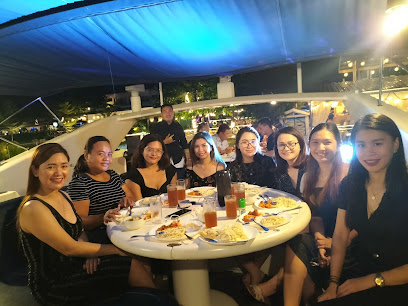
Local Phrases
-
- HelloKumusta
[koo-moo-stah] - GoodbyePaalam
[pah-ah-lahm] - YesOo
[oh-oh] - NoDili
[dee-lee] - Please/You're welcomePalihug
[pah-lee-hoog] - Thank youSalamat
[sah-lah-maht] - Excuse me/SorryPasayloa ko
[pah-sigh-loah koh] - How are you?Kumusta ka?
[koo-moo-stah kah?] - Fine. And you?Maayo. Ikaw?
[mah-yoh. ee-kaw?] - Do you speak English?Kahibalo ka mo-istorya ug Iningles?
[kah-hee-bah-loh kah moh-ees-toh-ryah oog een-eeng-glehs?] - I don't understandDili ko kasabot
[dee-lee koh kah-sah-boht]
- HelloKumusta
-
- I'd like to see the menu, pleasePalihug ipakita ang menu
[pah-lee-hoog ee-pah-kee-tah ahng meh-noo] - I don't eat meatDili ko kaon og karne
[dee-lee koh kah-ohn ohg kahr-neh] - Cheers!Mabuhi!
[mah-boo-hee!] - I would like to pay, pleasePalihug bayri
[pah-lee-hoog bah-yree]
- I'd like to see the menu, pleasePalihug ipakita ang menu
-
- Help!Tabang!
[tah-bahng!] - Go away!Lakaw!
[lah-kahw!] - Call the Police!Tawagi ang pulis!
[tah-wah-gee ahng poo-lees!] - Call a doctor!Tawagi ug doctor!
[tah-wah-gee oog dawk-tohr!] - I'm lostGuba ko
[goo-bah koh] - I'm illSakit ko
[sah-keet koh]
- Help!Tabang!
-
- I'd like to buy...Gusto ko mopalit...
[goos-toh koh moh-pah-leet] - I'm just lookingNagtan-aw ra ko
[nahg-tahn-ahw rah koh] - How much is it?Tagpila ni?
[tahg-pee-lah nee?] - That's too expensiveMahal kaayo
[mah-hahl kah-ah-yoh] - Can you lower the price?Pwede pa kamo'g barato?
[pweh-deh pah kah-mohg bah-rah-toh?]
- I'd like to buy...Gusto ko mopalit...
-
- What time is it?Unsay orasa?
[oon-sigh oh-rah-sah?] - It's one o'clockAlas uno na
[ah-lahs oo-noh nah] - Half past (10)Alas napulo ug tunga
[ah-lahs nah-poo-loh oog toong-gah] - MorningBuntag
[boon-tahg] - AfternoonHapon
[hah-pohn] - EveningGabii
[gah-bee] - YesterdayKahapon
[kah-hah-pohn] - TodayKaron
[kah-rohn] - TomorrowUgma
[oog-mah] - 1Usa
[oo-sah] - 2Duha
[doo-hah] - 3Tulo
[too-loh] - 4Upat
[oo-paht] - 5Lima
[lee-mah] - 6Unom
[oo-nom] - 7Pito
[pee-toh] - 8Walo
[wah-loh] - 9Siyam
[see-yahm] - 10Napulo
[nah-poo-loh]
- What time is it?Unsay orasa?
-
- Where's a/the...?Asa ang...?
[ah-sah ahng...?] - What's the address?Unsay address?
[oon-sigh ah-drehss?] - Can you show me (on the map)?Pwede pa nimo ipakita (sa mapa)?
[pweh-deh pah nee-moh ee-pah-kee-tah (sah mah-pah)?] - When's the next (bus)?Kanus-a ang sunod (bus)?
[kah-noo-sah ahng soo-nod (boos)?] - A ticket (to ....)Usa ka tiket (paingon sa ....)
[oo-sah kah tee-keht (pah-eeng-gohn sa ....)]
- Where's a/the...?Asa ang...?
History of Mactan Island
-
In 1521, Mactan Island became historically significant when Portuguese explorer Ferdinand Magellan arrived in the Philippines. His expedition aimed to establish Spanish influence in the region. The arrival marked the beginning of European contact with the archipelago, which would have profound implications for its history and culture.
-
On April 27, 1521, the famous Battle of Mactan occurred between Magellan's forces and the native warriors led by Lapu-Lapu, a local chieftain. The battle was a pivotal moment in Philippine history, as Lapu-Lapu and his men successfully repelled the Spanish invaders, resulting in Magellan's death. This event is celebrated as a symbol of resistance against colonization.
-
Following the battle, Spanish colonization efforts intensified, leading to significant cultural changes on Mactan Island and in Cebu City. The introduction of Christianity, particularly Catholicism, shaped local traditions, festivals, and practices. The blending of indigenous beliefs with Spanish customs created a unique cultural landscape that persists today.
-
During World War II, Mactan Island was strategically important due to its proximity to Cebu City and other key locations. The island was occupied by Japanese forces, and it played a role in military operations. The struggle for control over Mactan underscored its significance in the broader context of the war in the Philippines.
-
In recent decades, Mactan Island has transformed into a vibrant tourist destination, renowned for its beautiful beaches, resorts, and water activities. The island's historical heritage, particularly the sites related to the Battle of Mactan and the influence of Spanish colonization, attracts visitors interested in both leisure and cultural exploration.
Mactan Island Essentials
-
Mactan Island is easily accessible from Cebu City, primarily via the Mactan-Mandaue Bridge. Taxis and ride-hailing services like Grab are readily available for a quick transfer, taking approximately 30 minutes depending on traffic. Public jeepneys also operate between Cebu City and Mactan, with routes clearly marked. For those arriving by air, Mactan-Cebu International Airport is situated on the island itself, making it convenient for international and domestic travelers.
-
Mactan Island offers various transportation options. Jeepneys are a common form of public transport and are an affordable way to navigate the island. Motorbike rentals are also available for those seeking a more independent experience. Taxis and ride-hailing apps like Grab are widely used for convenience, especially for short distances. Bicycle rentals can be found at some resorts, allowing visitors to explore the scenic coastal roads at a leisurely pace.
-
Mactan Island is generally safe for tourists, but it's advisable to remain vigilant, especially in crowded areas. Certain neighborhoods, particularly near the airport and some remote areas, may have higher instances of petty crime. Tourists should avoid walking alone at night in less populated spots and be cautious with their belongings in busy markets and tourist attractions. Always opt for registered taxis or rideshares for safer transportation.
-
In case of emergency, dial 911 for immediate assistance in the Philippines. Local hospitals and clinics can be found throughout Mactan, with major facilities located near the airport. It's advisable to keep a list of emergency contacts, including your country's embassy. For minor medical issues, local pharmacies are available, and staff often speak English.
-
Fashion: Do dress modestly when visiting religious sites or local neighborhoods. Avoid overly revealing clothing. Religion: Do respect local customs; when visiting churches, it's customary to cover shoulders and knees. Public Transport: Do be courteous to fellow passengers. Don't eat or drink on public transport. Greetings: Do greet locals with a smile and a polite 'hello.' A handshake is common. Eating & Drinking: Do try local dishes; seafood is a specialty. Don't waste food, as it's considered disrespectful.
-
To experience Mactan Island like a local, visit the fish markets early in the morning for the freshest catch and interact with local vendors. Explore hidden beaches away from the main tourist spots to enjoy a quieter experience. Engage with local residents; they often enjoy sharing stories about their culture and traditions. Don't miss the chance to try traditional Cebuano dishes like lechon and sutukil (sugba, tuwa, kilaw).
Nearby Cities to Mactan Island
-
Things To Do in Bohol
-
Things To Do in Camiguin
-
Things To Do in Cagayan de Oro
-
Things To Do in Siargao
-
Things To Do in Boracay
-
Things To Do in Legazpi
-
Things To Do in Davao City
-
Things To Do in Zamboanga City
-
Things To Do in Tagaytay
-
Things To Do in Puerto Princesa
-
Things To Do in Manila
-
Things To Do in Palawan
-
Things To Do in Angeles City
-
Things To Do in Subic
-
Things To Do in Baguio









